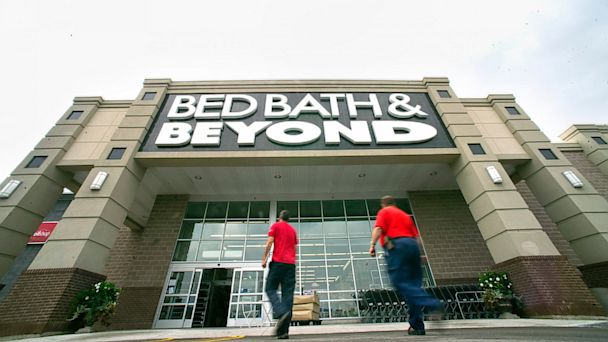Bed Bath & Beyond Beats Amazon in Prices, Analysis Finds

(Credit: Rick Madonik/Toronto Star/Getty Images)
Bed Bath and Beyond may not tout itself as a bargain retailer, but a price comparison of the home store's products are showing that the tables have turned for competitor Amazon vs. brick and mortar companies.
In an analysis of 30 products, investment firm BB&T Capital Markets found that prices were 6.5 percent cheaper on average at Bed Bath and Beyond compared to Amazon.com.
Since early 2012, BB&T Capital Markets has tracked prices from retailers such as Bed Bath and Beyond, and compared them to the typically cheaper Amazon.com. In the beginning, Amazon was 9 percent cheaper on average compared to other retailers, the Wall Street Journal reported. In BB&T's analysis released this week, Bed Bath and Beyond offered a number of cheaper products. One of the 30 items in the analysis is a Bormioli Rocco Misura carafe, which retails for $4.99 at Bed Bath and Beyond, and was listed as $16.61, according to BB&T.
As of Tuesday afternoon, the carafe was listed on Amazon for as low as $6.95, plus $4.50 for shipping.
The 6.5 percent pricing edge was before the use of Bed Bath and Beyond's ubiquitous mailed coupons, which typically offer a 20 percent discount for one item.
Amazon and Bed Bath and Beyond did not immediately respond to requests for comment.
"What it comes down to is retailers realize that to remain relevant they've got to invest in their prices," said Anthony Chukumba, the equity analyst who oversaw the analysis. "They have to lower their prices to remain more competitive with Amazon."
Retailers are responding to price-sensitive customers' "showrooming" tactics - that is, browsing and window shopping at brick and mortar stores, but making their purchases online with cheaper prices.
"I'm interested in the trend and the trend is clearly going in one direction," Chukumba said, noting that retailers are shaping up on prices and also improving their retail e-commerce environments overall.
"People are not just shopping at Amazon because it's cheaper. It's a great shopping experience," Chukumba said.
Of course, lowering prices is a "double-edged sword," Chukumba said.
"To some extent, you have to pick your poison," he said. "Do you maintain your margin and just watch your sales deteriorate or get more competitive on price and give up margins?"
Electronics retailer Best Buy is a "notable example" of a company's response to the competitive price environment. The big box store offers to match competitors' prices.
The 30 products in the analysis - including a Breville Hemisphere blender, for $199.99 at Bed Bath and Beyond and five cents cheaper at Amazon - are a "representative sample" of Bed Bath and Beyond's product assortment, Chukumba said.
In his research note, Chukumba wrote that the Senate's passage of the Marketplace Fairness Act of 2013 earlier this year increases the likelihood of nationwide online state sales tax collection, "which would further 'level the playing field' between Amazon and Bed Bath and Beyond".
Amazon has reached deals with Nevada, Texas, New Jersey, Arizona, Massachusetts, Indiana, Michigan and Florida to begin collecting sales taxes.
"Even in cases in which prices are identical, we estimate Amazon has a ~5 to 10 percent effective 'pricing advantage' over Bed Bath & Beyond in many states, by virtue of the fact the former does not collect state sales tax," Chukumba wrote in his note. "We continue to believe the eventual nationwide rollout of online state sales tax collection is inevitable, which will eliminate this advantage."